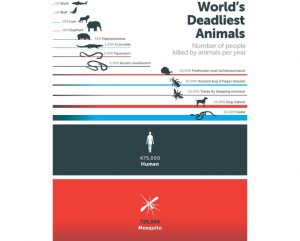
I think most of us would agree that this last year has been decidedly weird and disruptive. As we mark a year since the start of the global pandemic, I wanted to get a sense of what other agile coaches were going through and what they were seeing in the market. Is there a light at the end of the tunnel?
I personally have seen an uptick since the start of 2021. More clients are reaching out for helping with coaching which is terrific. We are also getting requests for more training. There is still some demand for traditional 2-day training leading to certification. However, we are getting just as many requests for micro-learnings; short, focused workshops that lead to skills that are immediately applicable.
I don’t know if we will return to what was considered “normal” back in 2019 or early 2020. But I wanted to get a sense of what others thought. So I reached out to some of my agile coach friends. I tried to sample from all around the US with coaches from New York City, Cleveland, Reston, Chicago, and Ft. Lauderdale.
Let’s hear from those colleagues who are agile coaches to get their insights about what they are seeing and what they expect for the rest of this year.
What has kept you busy for the last year and what are you seeing now for Agile Coaches?
Tom Cagley is a coach, guide, speaker, author, and podcaster. The past year has provided him more time for reflection, retrenchment, and helping others. “As a coach, I had to learn and help others learn to be comfortable in purely distributed settings. Looking back, the past year has reinforced my belief that people are flexible and inherently interested in doing great work and doing it well.”
Michael Dougherty is a co-founder and executive agile coach at Lean-Agile Enterprises. For the last year, Michael has been working on supporting the US Government to improve their agility. Right now “Agile Mike” is seeing an increased interest in Lean Portfolio Management and education on Agile contracting.
Certified Enterprise Coach (CEC-CTC) Gene Gendel was already working in global online communities and when the pandemic hit, he just expanded his efforts. “I just had to put my virtual activities in a higher gear: spoke a lot at virtual events, invited lots of great speakers to my own events.” He also moved his LeSS training courses online and scheduled his classes in a way to accommodate people from various parts of the globe.
Gendel is seeing the markets for both agile coaching and training changing two-fold:
- On the one hand, the markets get diluted and the quality in both coaching and training is decreasing. “Supply exceeds demand. Online training has really taken off” and “there is an overabundance of training options online”. The downside in his view is that is harder for people to separate between high and low quality.
- On the other hand, “reputable organizations like the Scrum Alliance have been making some great efforts to make their Certified Coaches more visible to hiring companies.”
Anjali Leon feels that the past year was a wake-up call that “put our agility and adaptability to the test!” Anjali is a coach, workshop leader and speaker. She found that while some of her coaching engagements were put on pause, that created space and time for her to focus on some long-term goals of creating and delivering virtual workshops and programs. She added 2 virtual programs in Product Leadership to her offerings and have one of them accredited through IC Agile.
Leon believes that there was a shift in the past year to people taking charge of their own careers and investing in themselves. She notes that people used virtual training – particularly Agile Certification training to build their skills and credentials and she thinks that trend will continue.
Jeff Singleton feels fortunate to have stayed busy training and coaching teams and organizations almost throughout the period of the pandemic albeit in a virtual environment. He has been experimenting and adapting training and coaching approaches so this past year has been a bit of a laboratory to try different ideas. His work contributing to organizational agility in the Life Sciences and Pharmaceuticals has been particularly gratifying in that he may have helped those doing the demanding work of getting us out of this pandemic.
Singleton notes that the pandemic may spark the realization from organizations that agility is a necessity in this real-life VUCA world – as evidenced by the world being turned upside down over the past year. He says “The irony is that those hit hardest may be more hesitant to make those investments in the near term – though they’re the ones needing it the most.”
What is your outlook for the rest of this year? What will normal look like?
Tom Cagley says that normal is disruption and change and “we have never left normal.” He thinks that as vaccination rates rise there will be pressure to return to the office and that by late summer we will be discussing why Zoom’s stock is underperforming the market.
Cagley is cautiously optimistic about the future. Demand for classic agile coaching, training, and guidance will be dependent on the economy. “If we stay closer to a growth trajectory, demand will be at least as good as 2020. If however, the economy slows the focus will need to turn to help organizations address process improvement, efficiency, and cost savings.”
Michael Dougherty also sees 2021 as a continuation of last year. He plans to continue to focus on growing his clients in “full-stack” Agile delivery for eventually achieving Business Agility. He expects this to keep him occupied for the rest of his career.
Dougherty was not disrupted by the sudden shift to remote work in 2020, working out of his home office since 1995. He expects to see a shift to more in-person meetings and expects travel to be visiting clients about 25% of his time by year-end.
Gene Gendel also doesn’t see much change for 2021. “2021, for the most part, will remain the same, with things probably slowing down by the end of the year, due to depleting budgets.” He thinks that after global vaccinations and herd immunity there will remain a mix of online and in-person coaching and training.
Anjali Leon is more optimistic that there will be continued investment in Agile training and coaching – particularly to scale agile ways of working across areas of the organization beyond IT.
Jeff Singleton is also optimistic. “I’d like to think in a few years we will look back upon this period as an opportunity where we did some serious introspection and moved forward boldly but mindfully.” He feels there is pent-up demand to get back to some semblance of “normal” whatever that is. He is betting on a strong but uneven recovery by end of year – uneven amongst industries and even geographic areas.
About the Agile Coaches who Contributed:
I am grateful to be part of a global community of agile coaches and I appreciate the following coaches who took the time to share their insights.
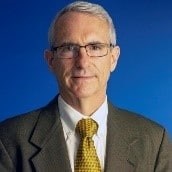
THOMAS CAGLEY – Tom is a coach, guide, speaker, author, and podcaster. He specializes in unlocking the inherent greatness of organizations and teams and then proving it. He is active nationally and internationally, most recently participating in the Agile Alliance Working Group crafting the agile coaches code of ethical behavior. In his spare time, he is a passionate fermenter and sourdough baker.
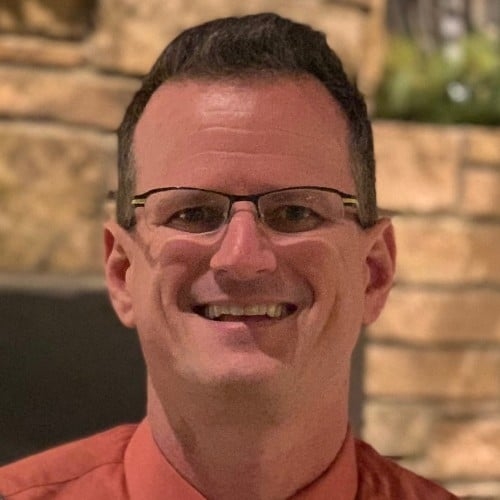
MICHAEL DOUGHERTY – “Agile Mike” has over 25 years of experience with software development and product leadership. He is published under the “Built for Success” column in CIO.com magazine and held the position of Vice President in the Agile Leadership Network. Michael has taught multiple SAFe courses for over the past three years to over 450 people + certified SAFe SPC5, AWS Cloud Architect, ICP-CAT (Coaching Agile Transitions), AHF (Agility Health Facilitator), Scrum CSP, and PMP.
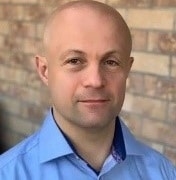
GENE GENDEL – Gene is a certified enterprise and team coach (CEC-CTC), trainer and consultant based in the NYC area. Gene is specifically focused on organizational design and DE-scaling approaches like LeSS. Gene is a blogger, cartoonist and is one of the co-authors of Agile Coaching. LinkedIn: Gene Gendel

ANJALI LEON – Anjali is a professional coach, workshop designer & leader and inspiring speaker specializing in value-driven product leadership and values-based people and personal leadership. She is well known in her home state of Florida for her engaging workshops and as co-leader of the Empowering South Florida Women In Agile group which she founded in 2015.
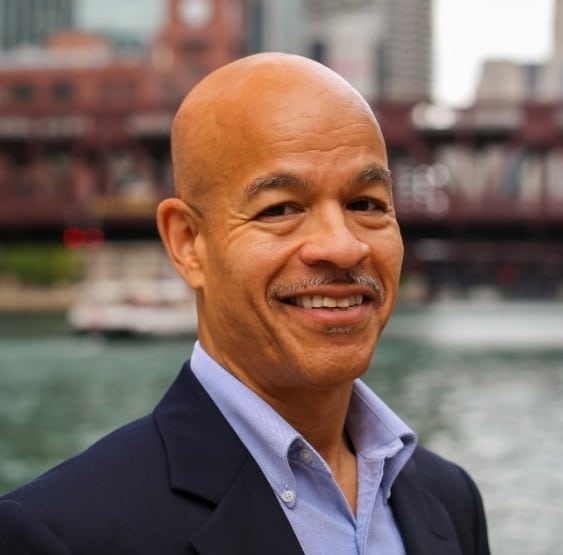
JEFF SINGLETON – Jeff is an Agile Leadership Coach and Consultant with experience leading strategic initiatives and transformations across multiple disciplines in the Lean/Agile spectrum, teaching coaching and applying the principles and values in a variety of regulated industries in both IT and non-IT. Currently focused on Life Sciences companies to improve value delivery and streamline operations through the use of agile approaches paired with technology to accommodate exponential growth.
This article originally appeared here and has been republished with permission
Business & Finance Articles on Business 2 Community
(53)






